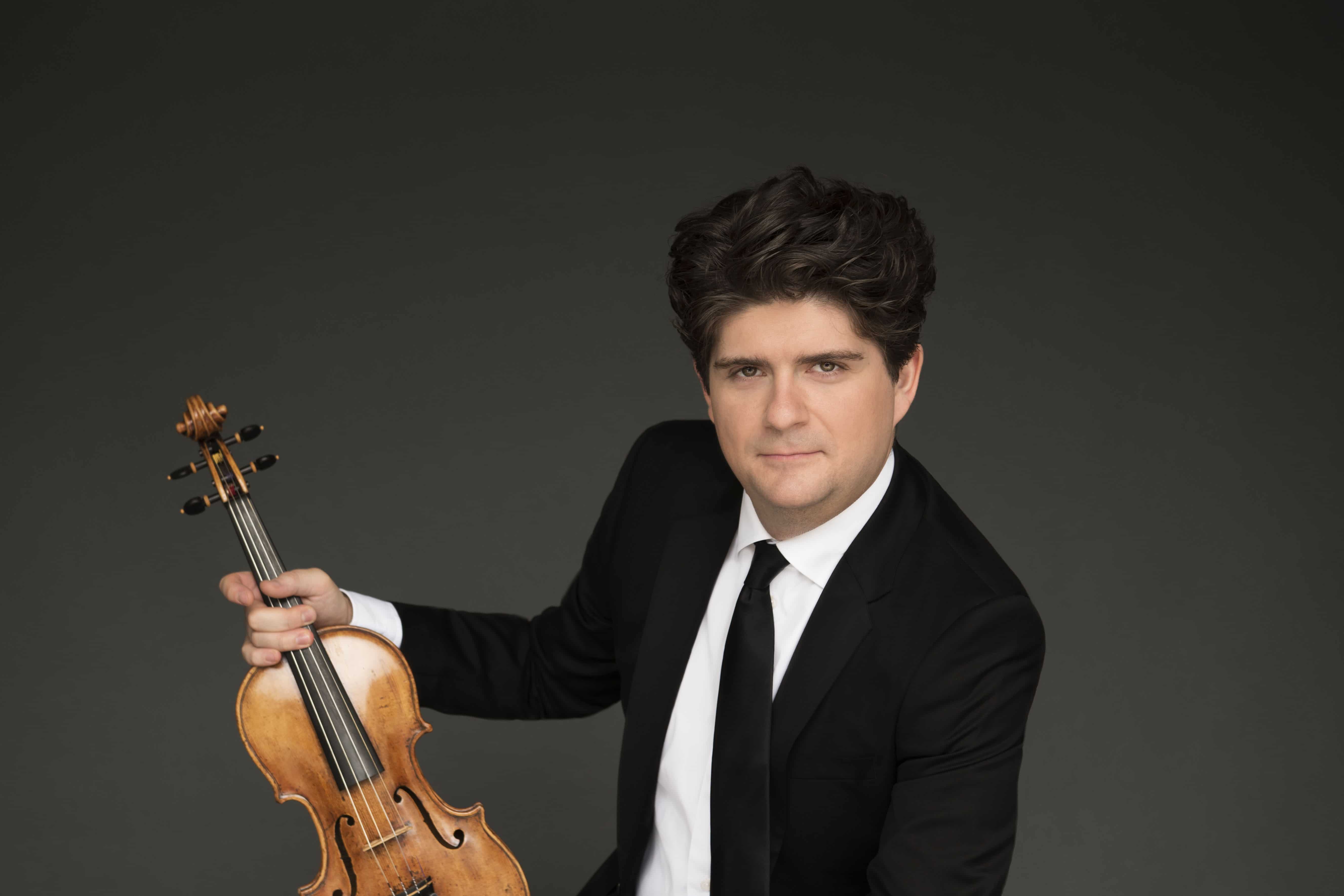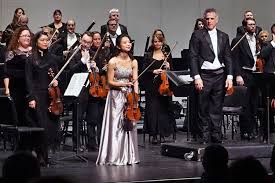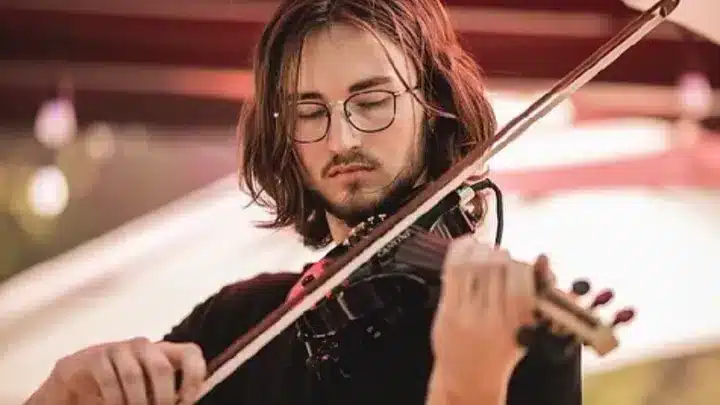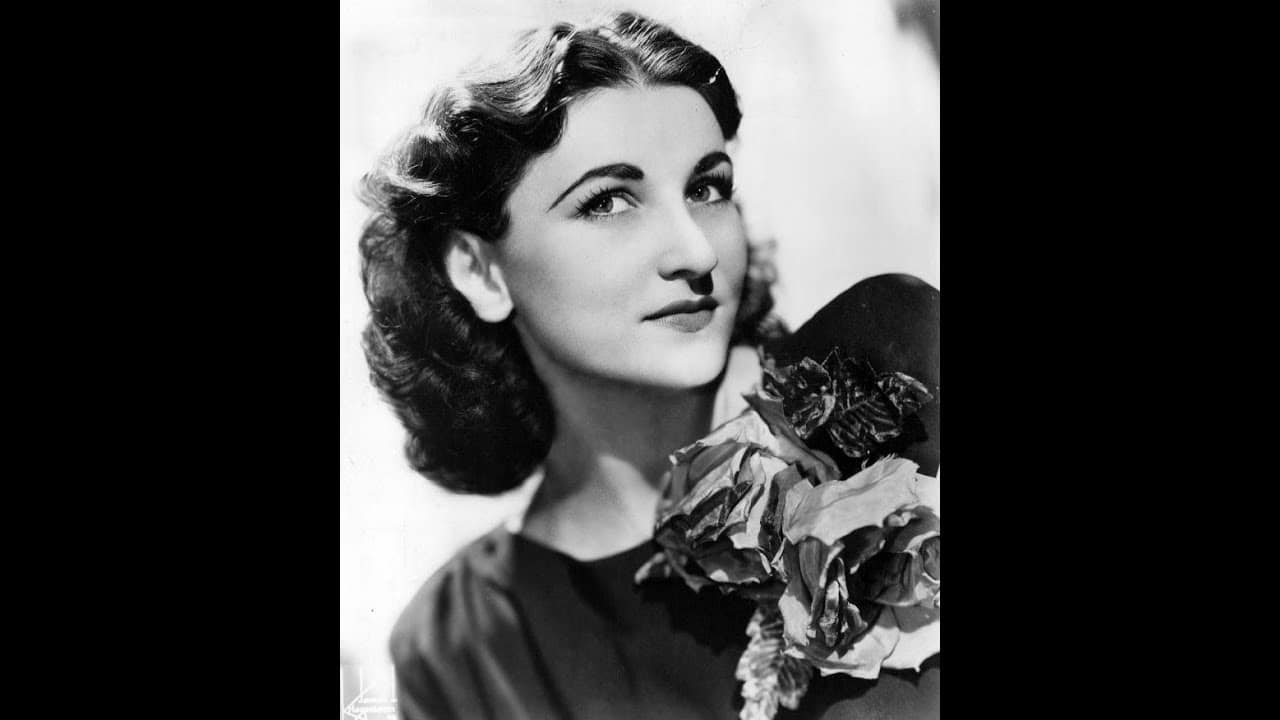Concertmaster drops out in Vienna
mainThe Russian-French violinist Fedor Rudin, appointed concertmaster two years ago at the Vienna State Opera and playing also in the Vienna Philharmonic, has left the city to pursue a solo career.
Rudin, 28, a grandson of the composer Edison Denisov, has posted new career plans on his website.
Vienna, it seems, was just a stepping stone.






Comments